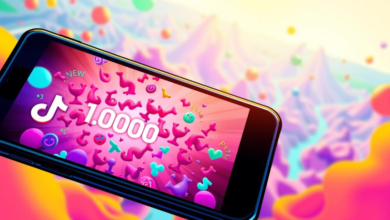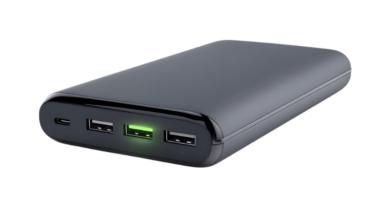Are AI Voice Agents Better Than Chatbots?

In today’s hyper-connected business landscape, speed, personalization, and convenience are key to customer satisfaction. As companies explore automation tools, two powerful technologies often emerge in comparison: AI Voice Agents and chatbots. While both aim to streamline interactions, they are fundamentally different in how they engage users. Let’s explore how they stack up and when one might outperform the other.
If you’re new to the concept of an AI voice agent, it’s a conversational AI system capable of handling voice interactions in real-time, often replicating human-like conversations over calls. These agents are being widely adopted across industries including real estate, recruitment, and customer service to automate complex workflows and engage prospects more effectively.
Key Differences Between AI Voice Agents and Chatbots
| Feature | AI Voice Agents | Chatbots |
| Interaction Mode | Voice (phone calls, smart devices) | Text (web chat, messaging apps) |
| User Experience | Natural, human-like spoken conversations | Text-based, usually with scripted flow |
| Use Cases | Sales calls, customer service, follow-ups | FAQs, basic support, website navigation |
| Response Speed | Instant verbal replies | Fast text replies |
| Tech Stack | Speech recognition + NLP + voice synthesis | NLP + rule-based or generative models |
| Accessibility | Suitable for low-literacy and multitasking | Requires reading & typing capabilities |
Where AI Voice Agents Outperform Chatbots
- Deeper Engagement Through Voice
Voice interactions naturally allow for more expressive communication. Unlike chatbots, AI voice agents can detect pauses, tone, and urgency, adapting their responses accordingly. - Automated Call Handling at Scale
Imagine a sales rep who can make 500+ personalized calls a day — that’s the power of AI for sales calls. Voice agents don’t just follow scripts; they converse, qualify leads, and even handle objections. - Higher Conversion Potential
Calls are proven to convert better than chats in many industries. For example, a real estate company using an AI real estate agent can instantly respond to inbound property queries, schedule site visits, and boost lead conversions. - Better for Older or Non-Tech-Savvy Users
Unlike a chatbot that requires typing, voice agents are accessible to those who may be unfamiliar with tech, making them ideal for outbound campaigns targeting broader demographics.
See also: Smart Home, Smart Living: How Tech Is Transforming Home Upgrades
Where Chatbots Still Have the Edge
- Low-Cost Implementation: Chatbots are easier to set up and deploy, especially for handling FAQs or basic queries on websites.
- Multitasking: Users can interact with a chatbot while watching videos or browsing other tabs, which isn’t as feasible with voice calls.
- Easier Data Collection: Form-like interactions in chatbots make them efficient for surveys and structured data input.
Voice + Chat: Why It’s Not Either/Or
The best customer experience strategy isn’t always about choosing one over the other — it’s about combining AI voice agents with chatbots for an omnichannel experience. For example:
- Use a chatbot to qualify initial interest on your website.
- Then trigger an AI voice agent to follow up with a personalized call.
In recruitment, this pairing works beautifully — a recruitment automation software can handle applications via chat and schedule screening calls with voice agents.
Final Thoughts
Chatbots are great for quick, low-complexity interactions. But when it comes to human-like conversation, emotional intelligence, and real-time engagement, AI voice agents are simply in a different league. With applications ranging from AI customer service agent to outbound sales and candidate screening, the voice-first future is already here.
Still relying only on live agents or text chat? It’s time to rethink your customer journey, because your competitors are already talking to your prospects.






